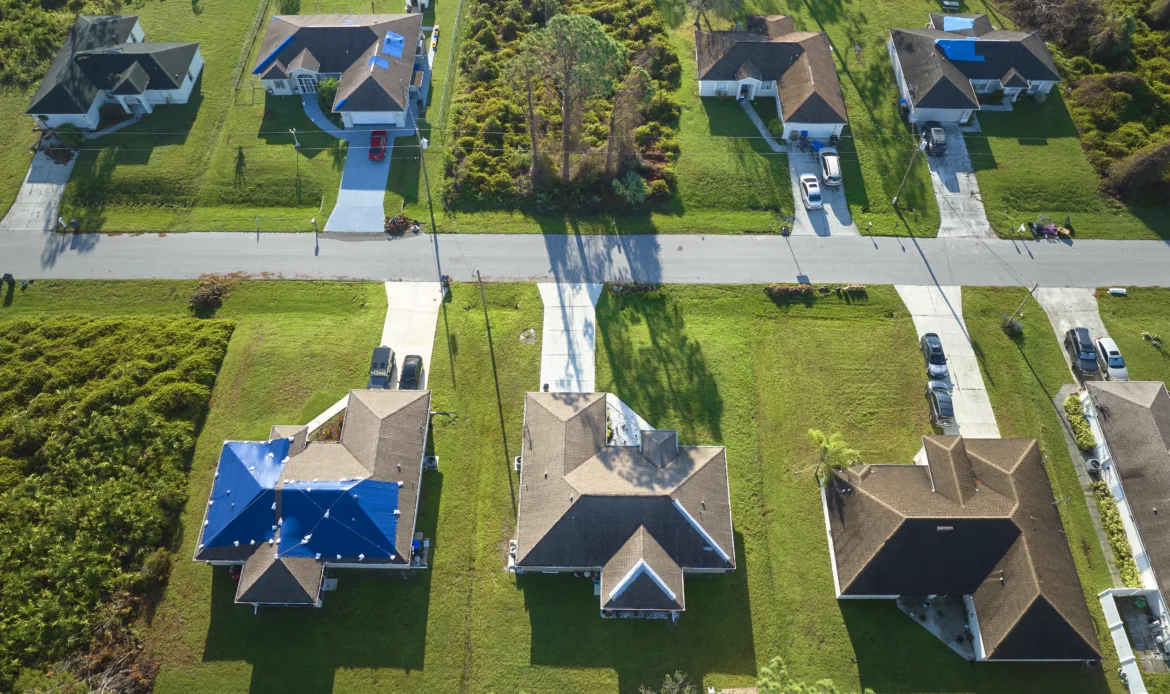Your roof is one of the most critical components of your home, protecting it from the elements and ensuring the safety of your family. However, many homeowners delay necessary roof replacements, thinking they can save money by postponing the project. Unfortunately, this decision can lead to significantly higher costs down the line. Here’s why acting promptly on roof replacement in Atlanta is a smart financial move.
1. Increasing Repair Costs
Delaying roof replacement can lead to escalating repair costs as damage worsens over time. Leaks caused by an aging or damaged roof can allow water to seep into your home, damaging ceilings, walls, and insulation. Prolonged exposure to water can weaken wooden structures, leading to expensive repairs. Additionally, moisture from a failing roof creates the perfect environment for mold growth, which can be costly to remove and harmful to your health. By replacing your roof promptly, you can avoid these accumulating expenses.
2. Higher Energy Bills
An old or damaged roof often lacks proper insulation. This allows heat to escape during winter and cool air to leak out in summer, forcing your HVAC system to work harder and driving up your energy costs. Investing in a new roof with modern, energy-efficient materials can reduce your utility bills and make your home more comfortable year-round.
3. Diminished Home Value
If you plan to sell your home, a deteriorating roof can significantly lower its resale value and deter potential buyers who don’t want to inherit a costly repair project. In some cases, a damaged roof can even result in failed inspections, delaying or derailing the sale process. A new roof is a selling point that increases curb appeal and assures buyers of your home’s condition.
4. Escalating Material and Labor Costs
The cost of roofing materials and labor tends to rise over time due to factors like inflation and supply chain issues. By delaying your roof replacement, you risk paying significantly more for the same job in the future.
5. Insurance Complications
Many homeowners’ insurance policies require timely maintenance. If you delay a roof replacement and damage occurs, your insurance might not cover the repairs, labeling them as negligence. You could also face higher premiums or even policy cancellation. Replacing your roof on time ensures you remain in good standing with your insurer.
When Should You Replace Your Roof?
If you’re unsure whether it’s time for a roof replacement, look for these signs:
- Most roofs last 20-25 years, depending on the material.
- Cracked, curled, or missing shingles indicate damage.
- Water stains or dripping inside your home signal leaks.
- A sagging roof could indicate structural damage.




